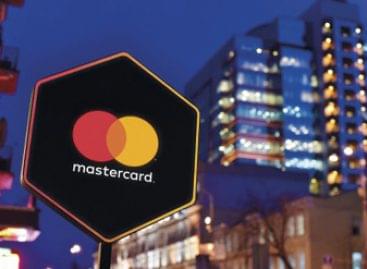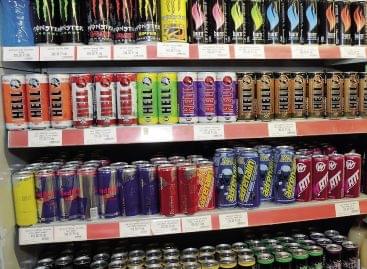Hungarian SMEs going greener
Mastercard has recently commissioned a survey from Kantar Hoffmann, according to which 80% of Hungarian micro- and small businesses care about operating sustainably.
Their most widely used green practices are buying energy-saving light bulbs, using less electricity, issuing e-invoices, offering digital payment and collecting waste selectively. The study also found: there are practices about which enterprises think they increase sustainability very much, but many of them don’t use them yet, e.g. plating trees, supporting green NGOs.
Sustainable operations are important for most firms
When asked why sustainability is important for them, 80% mentioned internal motivation, and the second most frequent answer, given by 32%, was reducing existing environmental risks. The factors that prevent them from being even greener are the lack of money and external support, and the frequently changing and rather demotivating regulations. Typically the bigger a company is, the higher the chances for allocating a sustainability budget or for applying for funding to implement such projects. Mastercard has launched a communication campaign to support the sustainability efforts of SMEs: the company’s goal with the GreenZone month is to honour those small businesses, which have already introduced green measures, and to inspire those that are open to adopting environmentally friendly solutions. //
Related news
The market is not the primary driver of green corporate decisions in Hungary
The sustainability strategies and investments of domestic companies will be…
Read more >Europe’s breadbasket could become a desert
Spain has become Europe’s leading producer of fruit and vegetables,…
Read more >Experts: education is the most effective defense against cybercriminals
Education is the most effective defense against cybercriminals, because no…
Read more >Related news
What makes us add the product to the cart – research
The latest joint research by PwC and Publicis Groupe Hungary…
Read more >Energy drinks are now legal: what every shopkeeper should know
New regulations on the sale of energy drinks came into…
Read more >Tens of millions with one opening tab – the biggest prize draw in XIXO history has started
This summer, XIXO is preparing for a bigger launch than…
Read more >






